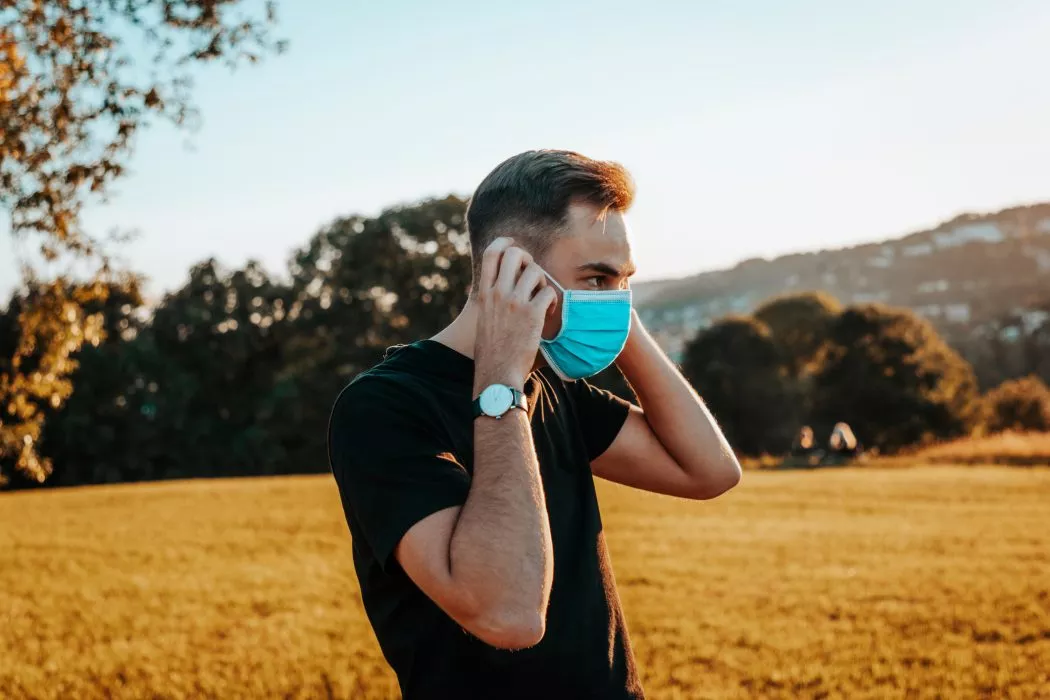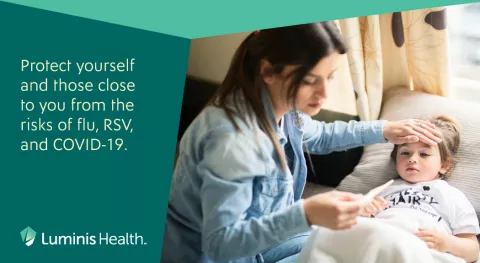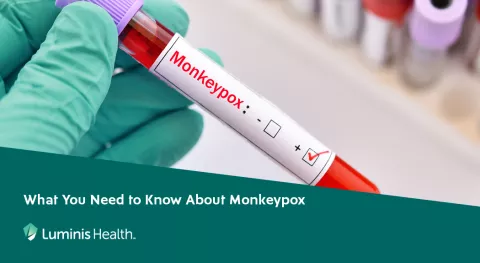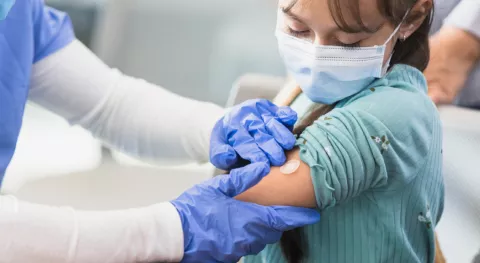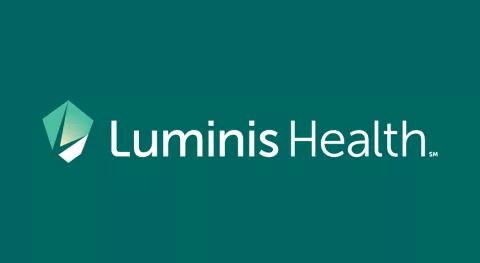We’ve all heard about the precautions we must take to avoid catching and spreading COVID-19.
Practice the 3Ws. Wash your hands. Wear a mask. Watch your distance.
But what if you’ve had COVID-19 – and recovered?
You may wonder if you need to keep following those guidelines. The short answer is yes. Here’s what we know right now.
COVID-19 immunity doesn’t last forever.
Last year, the Centers for Disease Control and Prevention (CDC) said people who have recovered from COVID-19 may be immune for 90 days. But a study the CDC released in January found otherwise.
The study looked at 156 U.S. health care workers who had COVID-19. They took an antibody test about a month after developing symptoms, then a second one 60 days later. The study found 94% of the participants had fewer antibodies at the 60-day mark, while 28% experienced a major decrease in antibodies.
And, people who have had a mild case of COVID-19 often don’t develop a detectable antibody response at all.
So, don’t assume you’re immune to COVID-19 just because you already had it.
You still need to do your part to protect others from getting COVID-19.
Staying away from other people is important when you’re sick with COVID-19 – but how long do you need to isolate yourself? Consider how long it’s been since you had COVID-19, if you had symptoms, and how severe they were. The CDC says you can be around other people 10 days after symptoms first appeared, you’ve had 24 hours without fever (and you aren’t taking fever-reducing medications) and other symptoms are improving.
But, if you became severely ill with COVID-19, you might need to isolate for up to 20 days after you first started to have symptoms. And people who have compromised immune systems might need testing to determine when they can see others again. If you fall into this category, talk to your health care provider to learn more.
If you tested positive for COVID-19, but don’t have any symptoms, the CDC says you can be around other people 10 days after testing positive – as long as you continue to have no symptoms.
The COVID-19 vaccine is here—but it’s going to take time to distribute it to everyone who wants it.
The approval and release of the Pfizer and Moderna vaccines in late 2020 was a spark of hope—and more COVID-19 vaccines are on the horizon. We’re optimistic that the vaccines will help us end the pandemic. And we do recommend that you still get the vaccine if you’ve already had COVID-19. But it’s going to take time – possibly months – for the vaccine to be available to everyone who wants it. So, until then, you still need to practice the 3Ws.
This March marks a year since Maryland saw its first COVID-19 case. We can see a glimmer of light at the end of the tunnel, but we’re all going to need to keep working together to end the pandemic.
Authors
Michael Remoll, MD, is director of Emergency Services at Luminis Health Anne Arundel Medical Center.
David Press, MD, is associate chief medical officer at Luminis Health Doctors Community Medical Center.
